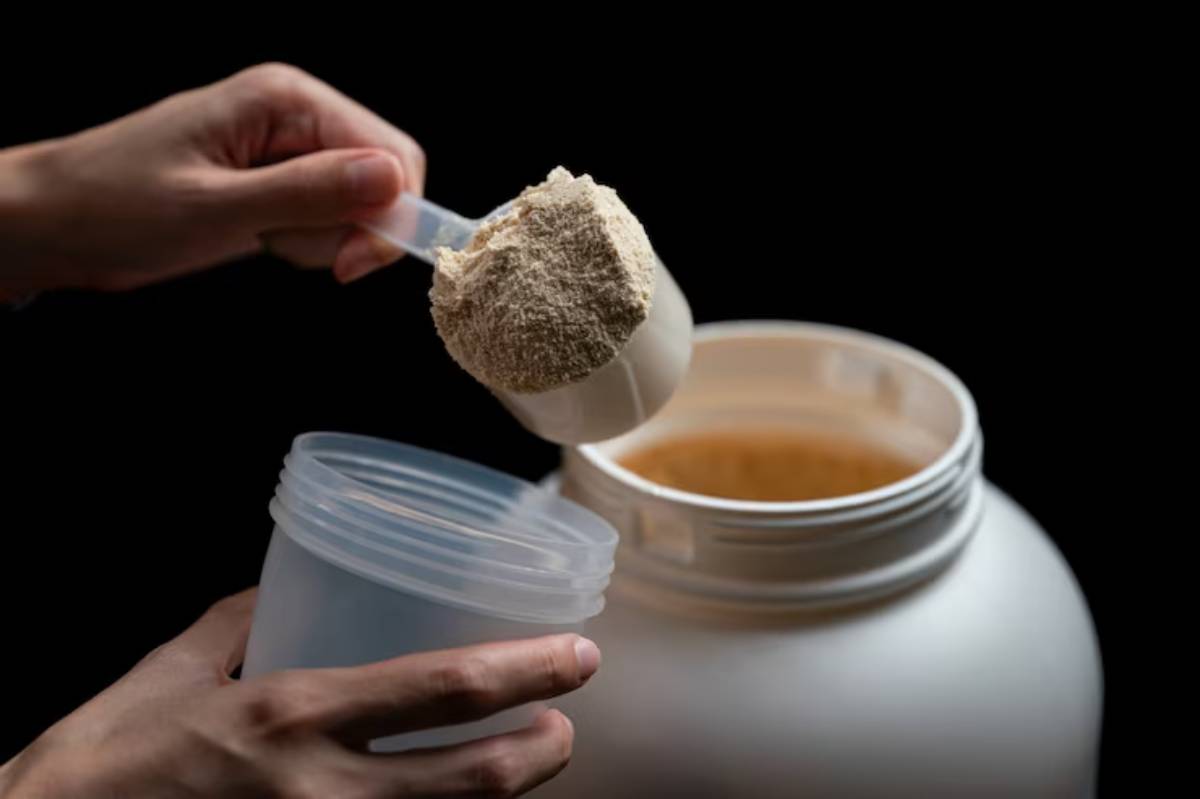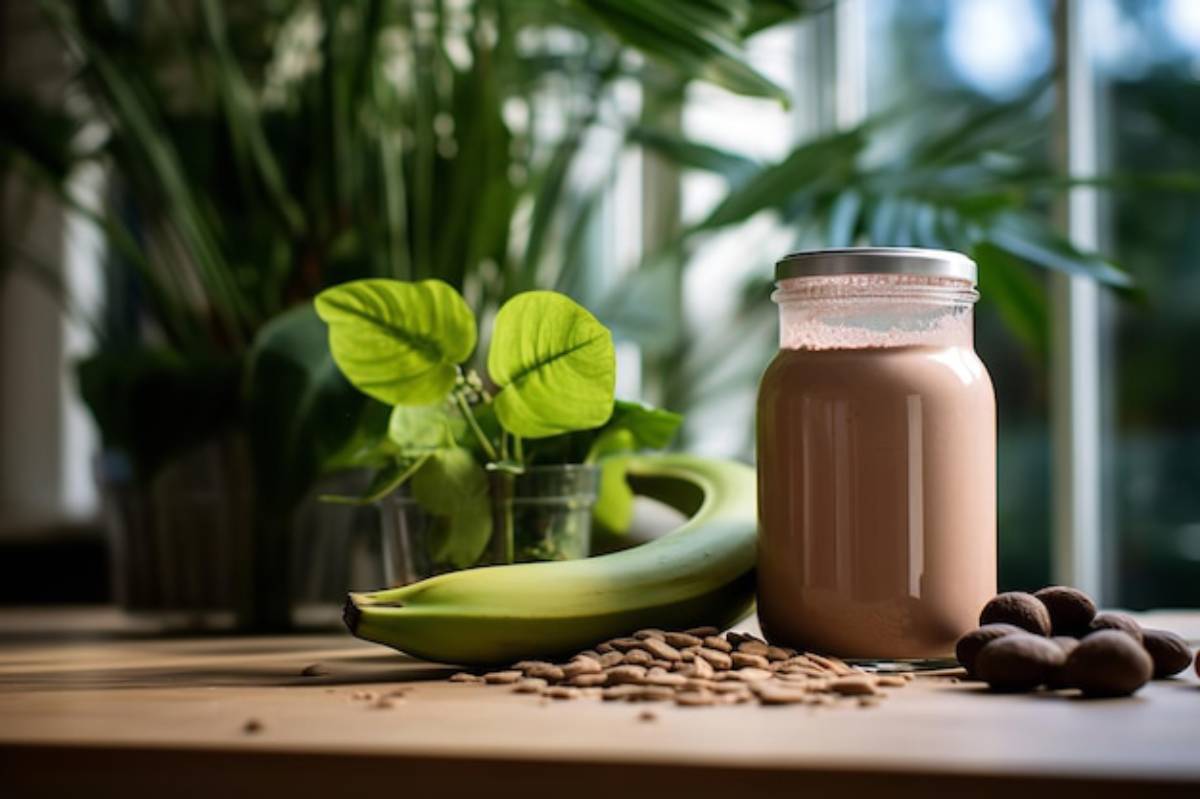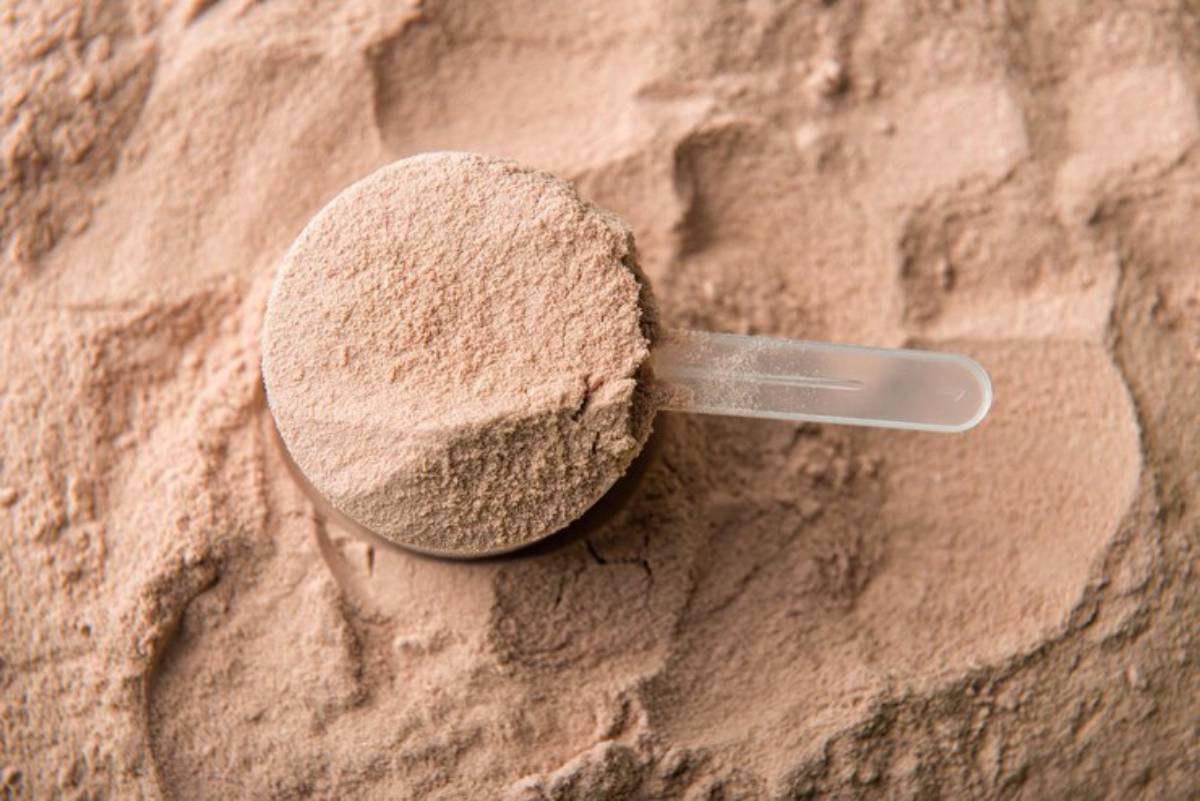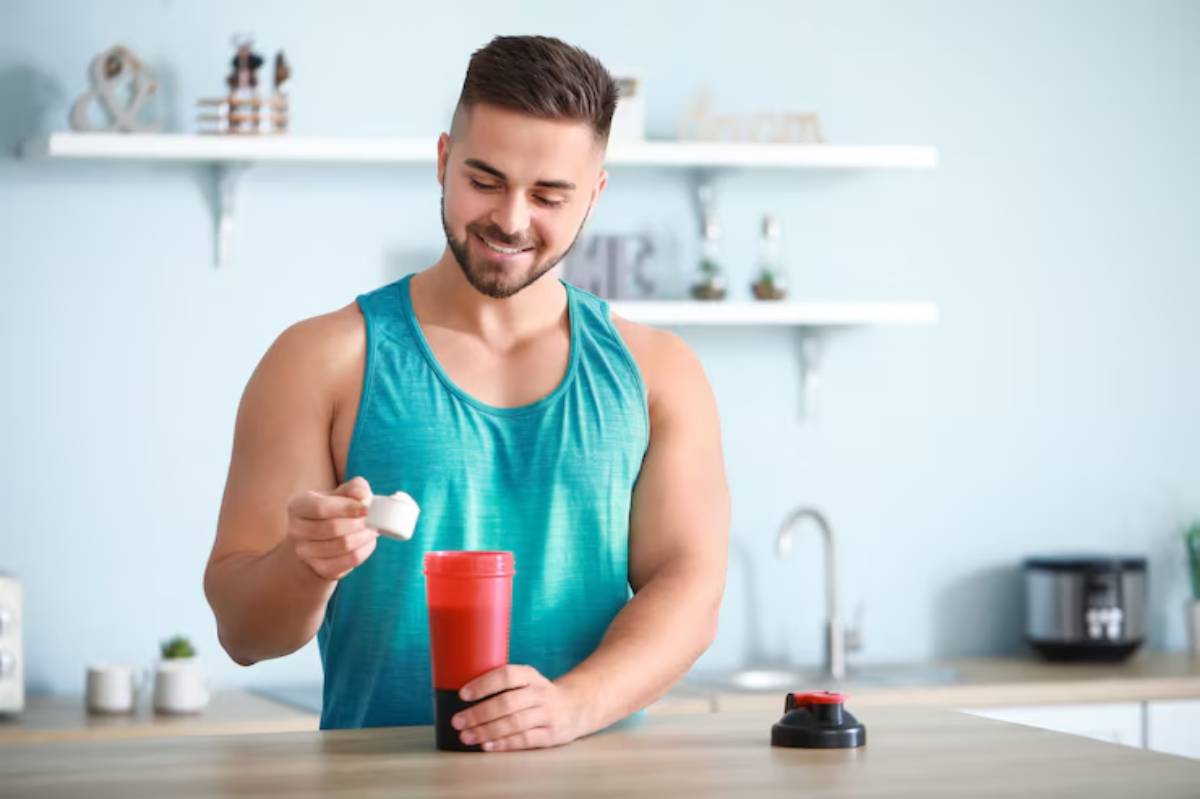
Do You Really Need Supplements to Build Muscle?
Walk into any gym or scroll through social media, and you’ll be bombarded with ads for powders, pills, and potions promising explosive gains. But here’s the million-dollar question do you really need supplements to build muscle? Or can consistent training, proper nutrition, and quality rest do the trick?
This blog post dives deep into the truth about supplement-free bodybuilding, backed by science and real-life examples. Whether you’re budget-conscious, health-focused, or simply sceptical of the hype, we’ll break down what matters most for muscle growth, without the unnecessary fluff or marketing noise.
Understanding Muscle Growth Fundamentals
The Three Pillars: Training, Nutrition, Recovery
Before adding supplements into the mix, it’s vital to understand the core ingredients of muscle growth.
- Progressive Overload – Continuously challenging your muscles through resistance training.
- Adequate Protein and Calorie Intake – Fuel for muscle repair and energy.
- Rest and Recovery – The actual muscle-building happens while you sleep, not while lifting.
If these three aren’t locked in, no supplement in the world can save your gains.
Can You Grow Without Supplements?
Absolutely. Countless athletes and bodybuilders—especially in the golden era of bodybuilding—built impressive physiques long before the supplement industry exploded.
Key Takeaway: Supplements are convenient, not essential.
Whole Foods: Nature’s Muscle Fuel
Protein from the Plate
You don’t need a shaker bottle when your plate is already stacked with:
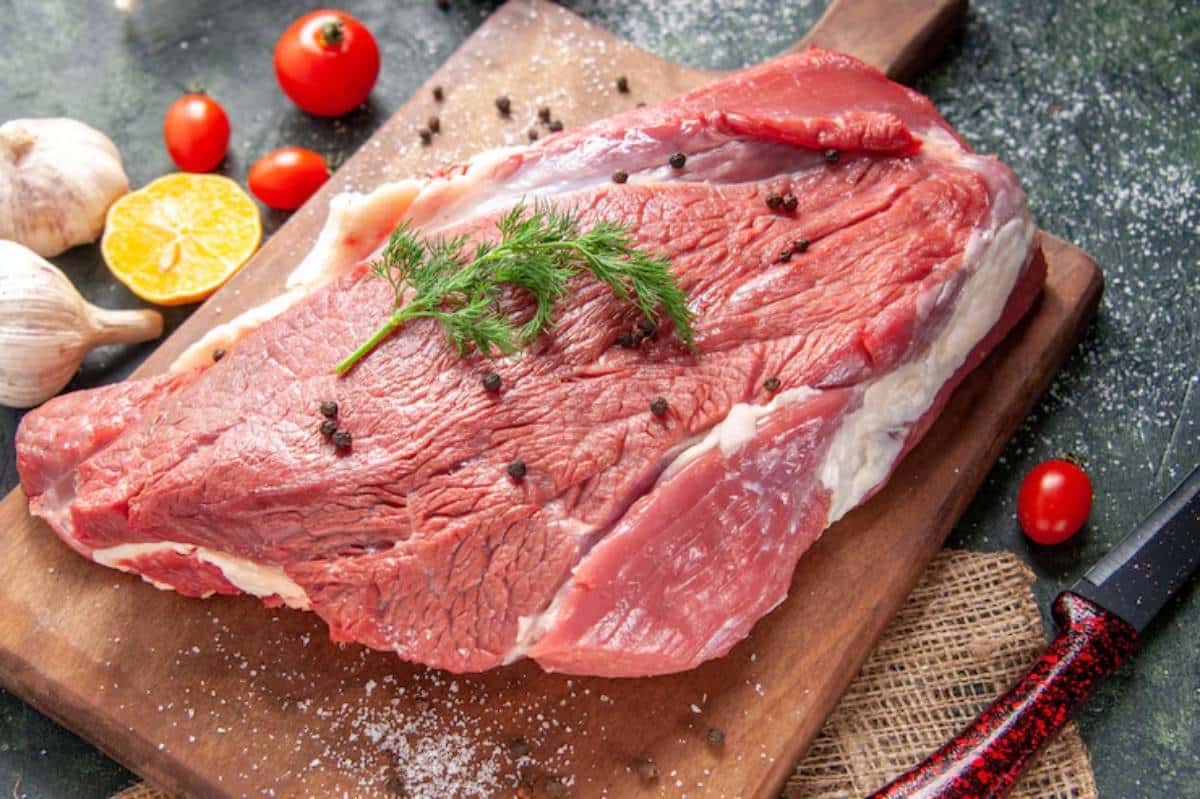
- Chicken, turkey, beef
- Eggs and dairy
- Lentils, chickpeas, tofu, tempeh
- Fish and seafood
With proper planning, even plant-based athletes can hit optimal protein intake through whole food combinations.
Carbohydrates: Energy and Recovery
Carbs often get demonised, but they’re your gym buddy:
- Replenish glycogen for better workouts
- Support recovery and reduce muscle breakdown
Examples: oats, rice, quinoa, potatoes, fruit, legumes
Healthy Fats: Hormonal Health
Fats are vital for testosterone production and overall recovery:
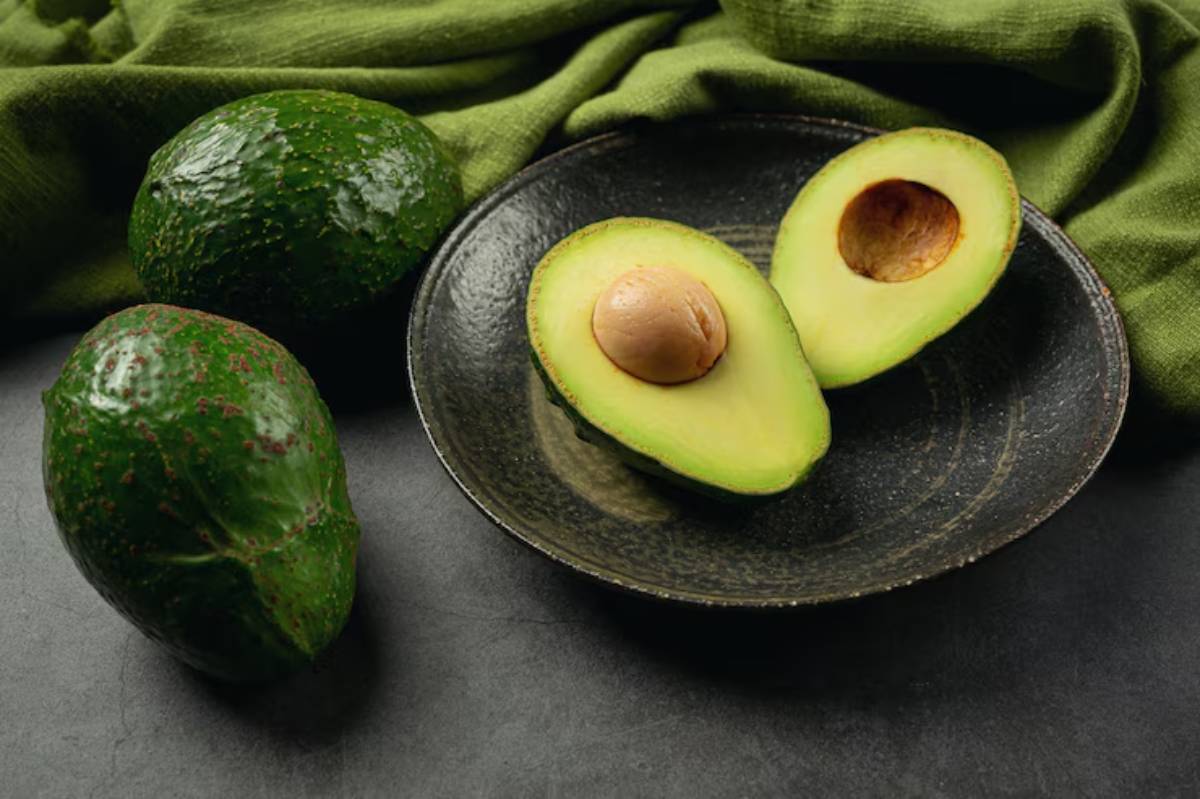
- Avocados
- Nuts and seeds
- Olive oil and fatty fish
Practical Tip: Track your macronutrients for a few weeks to learn how to meet your needs without supplements.
Myth-Busting the Supplement Industry
Myth 1: “You can’t build muscle without whey.”
Truth: Whey is convenient, not magic. Real food can match it, gram for gram.
Myth 2: “Creatine is essential.”
Truth: Creatine offers performance benefits, but it’s not required to make progress.
Myth 3: “Everyone needs BCAAs.”
Truth: If you eat enough complete protein, BCAAs are redundant.
Related Read: Top 10 Muscle Supplement Myths Busted
Why So Much Hype?
The supplement industry is worth billions. Marketing plays on your insecurities and impatience.
Real Talk: You can build a strong, muscular body without being a supplement company’s target audience.
Natural Training Success Stories
Case Study: Sam, the Uni Lifter
Sam was a student with a tight budget. He built a lean, muscular frame by:
- Eating home-cooked meals
- Training 4x/week with bodyweight and dumbbells
- Focusing on sleep and hydration
No protein powders. No creatine. Just consistency.
Case Study: Maria, the Plant-Based Powerlifter
Maria hit a 100kg squat milestone on a vegan diet—no supplements, just:
- Smart meal prep
- Legume-heavy meals
- Adequate rest and stress management
Lesson: Whether omnivore or herbivore, discipline and nutrition are your real stack.
Strategic Use of Supplements (If You Want To)
When They’re Helpful:
- Protein powders, when you’re travelling or struggling to eat enough
- Creatine, if you want to improve short-burst strength
- Vitamin D, omega-3, and magnesium if you’re clinically deficient
When They’re Wasteful:
- Taking BCAAs with an already high-protein diet
- Multivitamins “just in case”
- Pre-workouts with dangerous stimulant blends
Remember: Supplements can support your routine, not replace the basics.
How to Build Muscle the Natural Way
1. Set a Training Schedule
- Lift weights 3–6 times a week, depending on your experience
- Focus on compound lifts (squats, deadlifts, presses, pulls)
2. Eat for Growth
- Maintain a caloric surplus of 250–500 calories/day
- Hit 1.6–2.2g of protein per kg of body weight
- Include carbs and healthy fats in every meal
3. Prioritise Recovery
- Sleep at least 7–9 hours a night
- Take rest days seriously
- Manage stress to prevent hormonal imbalances
Insight: These actions drive 90% of your results. Supplements, at best, influence the final 10%.
Final Thoughts: You Are Enough
You don’t need to spend £200 a month on powders and pills. You don’t need flashy labels or Instagram ads telling you what’s missing. What you need is a solid plan, consistency, and belief in your natural ability to grow.
So next time, someone says you “have to” take X supplement to build muscle?
Smile, nod, and go smash your lift.
Have you trained without supplements? Got results you’re proud of? Share your story in the comments—and let’s inspire others who want to build strength the natural way.
